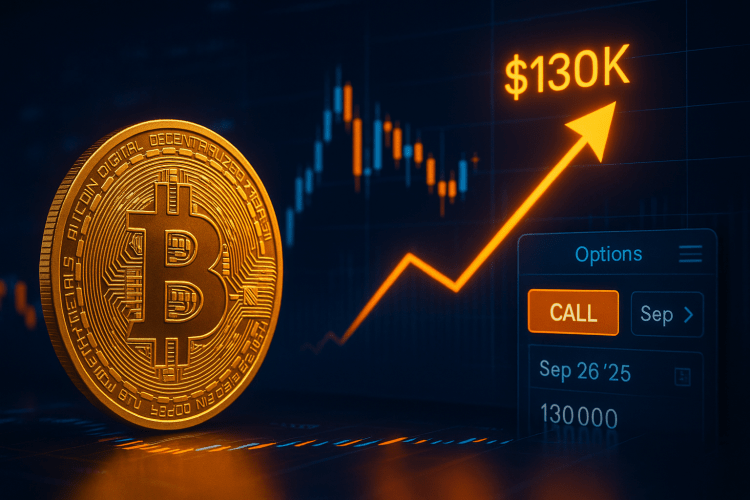PayPal’s Crypto Payment Bonanza: 100+ Coins for US Merchants
Note: This post may contain affiliate links, and we may earn a commission (with No additional cost for you) if you make a purchase via our link. See our disclosure for more info. The crypto world is constantly changing. This content is for informational purposes only and not financial, legal, or professional advice So, please verify the info on the cryptocurrency provider’s websites.
PayPal is revolutionizing payments for US merchants by enabling them to accept over 100 cryptocurrencies, including Bitcoin, Ethereum, and stablecoins like USDT and PayPal's own PYUSD. This groundbreaking move leverages a “Pay with Crypto” feature, streamlining the process with a flat transaction fee of 0.99% for the first year, rising to 1.5% thereafter. The service boasts significant cost savings for businesses, potentially reducing transaction fees by up to 90% compared to traditional cross-border credit card sales, which often exceed 3%. This translates to substantial savings; a $1000 sale incurs a mere $9.90 fee instead of approximately $30. The integration extends beyond PayPal's own wallet, encompassing popular platforms like Coinbase, MetaMask, Binance, and others, opening access to a vast global crypto user base of around 650 million. This initiative underscores PayPal's broader ambitions in the global digital payments arena, aligning with its recent launch of PayPal World and partnership with Fiserv to expand stablecoin usage internationally. The ease of implementation is a key advantage, particularly for smaller businesses seeking to adopt crypto payments without complex technical integrations. While the rollout begins in the coming weeks, New York merchants await regulatory approval from the New York State Department of Financial Services. Despite this pending approval, PayPal's move is a major step towards mainstream crypto adoption, tapping into a burgeoning $3 trillion market and potentially transforming the landscape of business transactions. The conversion of crypto payments into fiat or stablecoins upon transaction completion ensures seamless integration and minimizes risk for merchants.









